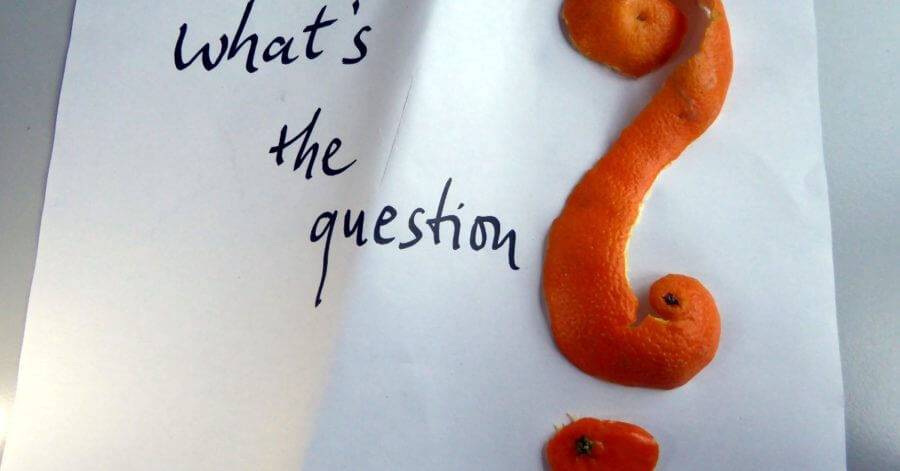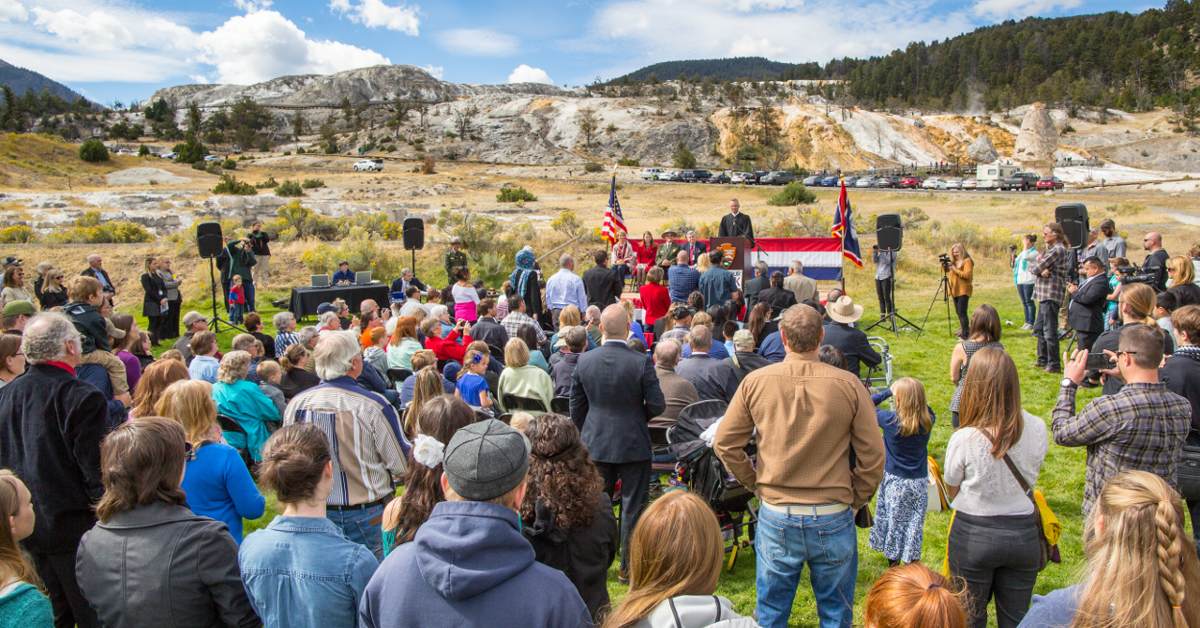“Ideologies separate us. Dreams and anguish bring us together.”
“The ultimate end of any ideology is totalitarianism.”
“Great minds discuss ideas; average minds discuss events, small minds discuss people.”
“For good ideas and true innovation, you need human interaction, conflict, argument, debate.”
Without tradition, art is a flock of sheep without a shepherd. Without innovation, it is a corpse.”
My wife and I just completed a 350 mile Rhine River cruise with Viking. We started in Basel, Switzerland and floated through France and Germany before arriving in Amsterdam. The scenery was stunning, the service and food were exceptional and every detail was perfectly attended to. What struck me most, however, as we wove our way down the river, were all the castles and cathedrals that dominated the landscape.
I learned from a few internet searches that Germany has 25,000 castles that bear witness to its history. There are also 25,000 Catholic churches and 21,000 Protestant Churches. It’s no wonder we have been fighting wars over the past 1,000 years. The Crusades, pitting Christianity against Islam, lasted almost two hundred years – from 1095 to 1291. Then we had the 30 year battle between the Catholics and Protestants from 1618 to 1648. Overlapping with that time period, the 80 year war between Spain and the Netherlands (1568-1648) revolved around the rights and privileges of the nobility. In each case, closed ideologies were competing for territory, talent and treasure.
Apparently, people are more inclined to identify with a particular ideology, religion, cult or fiefdom than to peacefully generate new ideas for the common good. Identification gives people a sense of belonging and certainty. Ideas create a sense of possibility, but no sense of certainty. It seems that belonging is more important than growing. Even more striking, the historical castles, cathedrals and churches all represent different forms of defensive armoring that we have somehow embodied to keep people out today when there are a different set of forces that threaten us. And, sadly, we have developed our own fortresses to enclose us, keep us rooted in accumulated pain and fear, and lead us to compensatory impulses to subdue those threats.
In short, what castles do physically and churches/cathedrals do spiritually, ideologies do mentally – they enclose and encapsulate by encircling in order to demarcate what and who are inside as well as what and who remain outside.
If you are interested in tearing down your personal fortresses and opening up mentally, emotionally and spiritually, you may want to read this prescription from my friend Artie.
At each of the cities we docked (e.g. Strasbourg, Cologne, Speyer, Amsterdam etc.) we visited Jewish quarters where Jews were isolated, deported to concentration camps, and/or massacred on the spot over the course of their history. These same cities are still trying to recover from the Holocaust. For me, having Jewish grandchildren, the Jewish museums in each of these cities impacted me more than any of the beautiful sites along the way. The stories of individual lives in each of the museums powerfully and poignantly reinforced the thought I have been working with for decades – over-identification with a particular ideology kills new ideas as well as the people who have those ideas. To me, ideologies are designed to manipulate and control our behavior whereas ideation is designed to open and free our minds and hearts to new possibilities.
The continuous assault on Jewish life over thousands of years is a perfect example of this phenomenon. The museums brought the point home. Jews have made significant contributions over the history of their culture to education, science, equality, social responsibility and peace. Leading Jewish thinkers have changed the world. For example, consider the contributions of Maimonides, Spinoza, Einstein, Buber, Freud, Proust, Kafka, Oppenheimer and, more recently, Larry Page and Sergrey Brin. the founders of Google.
What’s amazing is that such a small sample of the world population (15 million among 8 billion) could have such an outsized impact. I’ve never been able to figure out why there is so much anti-semitism toward a group that has done so much good for society as a whole in spite of being so small in numbers. Apparently, the continuous generation of new ideas is somehow threatening to people who want to maintain dominant hierarchies and traditional ways of doing things.
Ideation needs to replace Ideology if we have any chance of survival.
One stop along the way was in the Black Forest where Goethe (1749-1832) was inspired to write his famous book Faust. Faust, of course, deals with the idea of sacrificing spiritual virtues for material gain or political power – the classical Faustian bargain. Goethe implored us to follow our instincts. He believed that the world was so vast and full of variety that we should be continually inspired to be poets. Goethe encouraged us to open up to fresh responses in every new moment.
On an another stop along the way, we visited Bingen, where Hildegard de Bingen (1098-1179) lived in her convent. Hildegard founded her own abbey and wrote one of the first musical plays with beautiful poetic texts. Hildegard was a prolific writer and was the first woman to document female orgasm. She believed that the Divine was as female in spirit as male and that both these elements were essential for wholeness. She was clearly more interested in ideas than ideology.
To me, poetry and prose are much more inspiring than pedantic preaching.
And now, after this wonderful tour through historical sites, we are back on American land where “woke” identity captures so much air time. DeSantis vs. Disney. MAGA vs. Mickey Mouse. How absurd can it get. These culture wars grow out of ideologies that focus on religious restrictions, political pandering, nationalistic nostalgia, and hierarchical thinking. Didn’t we learn anything from the lessons our European neighbors learned over the course of their history? I’m not sure how anti-woke became such a rallying cry for people who want to go back to the “good old days.” I guess when people explore new ways of thinking, being, living, learning, loving, parenting, working and doing it’s somehow threatening to more traditional and conventional ways of life. I would suggest, however, that all of those dimensions of life could benefit from ideation.
It’s no surprise that ideology often crushes ideation – that’s what it’s designed to do. Just look what China did to Hong Kong after it assumed control. Hong Kong used to be a well-spring of entrepreneurs. I remember the visceral vitality I felt when I first visited in 1989. There was a vibrant energy and an explosion of new ideas. China has successfully closed down what was a more open and free culture. I wonder what price they will pay when they kill innovation as well.
So, how do we generate enough high impact, compelling ideas to overcome strong identification with a particular religion, class, or political party. Should we bank on AI, which can generate hundreds of ideas in a second, or should we develop our capabilities as humans to improve the way we gather input, process information, deliver outcomes, and continuously modify solutions based on feedback?
Clearly, I believe in the latter. AI may be able to generate lots of ideas, but they are often wrong or misguided. ChatGPT does not have a soul or life experience. It may be able to find information and suggest (make-up) solutions, but it will never develop wisdom.
Humans, on the other hand, if we are able to engage in healthy conflict, argument, and debate, are not only able to generate innovative ideas but also make accurate discriminations based on substantive depth. If we seek out multiple sources when we gather information, use multi-dimensional frameworks when we process information, focus on outcomes for the common good, and welcome feedback from people outside our bubble, then we may have a chance of seeing our ideas withstand the pressures of various ideologies and emergent technologies. Sadly, that’s one hell of an “If.”
We need to be open to new ideas and build on them instead of closing down any options that don’t strictly conform to whatever ideology guides us. We need to encourage free expression in a safe culture instead of falling in line behind the rhetoric of one culture warrior or another.
This all comes down to being closed or being open. Identification limits new sources of information. Ideation expands new possibilities. Ideation may not give us certainty, but it clearly avoids the certainty of endless ideological identity wars.
The question is, “How to create and sustain an environment that supports and promotes productive ideation?” Unfortunately, the odds of making that happen are stacked against us for a number of reasons:
- Ideation is a luxury for the few
- Joining an ideology may be a matter of survival
- Politicians need enemies
- People, particularly men, have a sick desire for superiority
- Success of new ways sets us up for a backlash, e.g. Barack Obama, Asian achievements etc.
- People have a compulsion for more, enough is never enough
- Our willingness to explore new options and ideas is limited
Moving from closed to open is not easy.
So on your next stop as you cruise the river of life, I hope you will pause to reflect and remember, give yourself permission to expand and explore, and free yourself to welcome and wonder. I’m hoping together we can find ways to realize our dreams and address our anguish. I’m hoping we can engage in open, honest, direct and meaningful conversation to discuss new ideas. I’m hoping we can honor the traditions that make sense AND make room for new ideas that lead to sanity. May it be so.
Also published on Medium.




Really well done Ricky! You are brilliant and we are so grateful to be amongst your closest friends! Thank you once again for being you! RonnyDonny.
And sorry to have missed a couple while I was post-op!